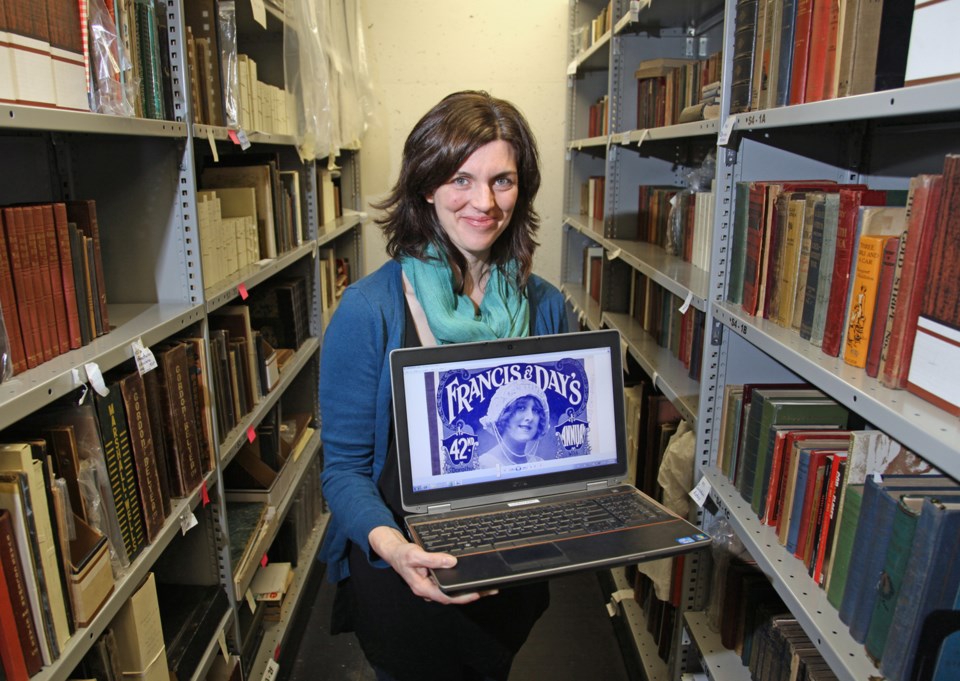Burnaby wants to retain its heritage and history, and it intends to do so book by book.
Recently, city council approved $50,000 from its gaming funds to go toward upgrading Burnaby's heritage website and a book scanning pilot project. The project came from a partnership between the planning and archives department, the Burnaby Village Museum and the community heritage commission.
With the upgrades planned for the heritage website, it is expected to provide space to test out a book scanning pilot project involving digitizing historical books, according to Lisa Codd, Burnaby Village Museum curator.
"I think it is taking a resource we have and giving more access to it," Codd told the Burnaby NOW. "And as Burnaby's museum, providing access to historical information about Burnaby is key to what we do."
The project was the brainchild of the working groups involved in preserving the city's history through other projects, and digitizing certain books was the next logical step.
"We thought it would be nice to take some of the key books about Burnaby and add another layer of access, which would be to actually make digital copies of them and make them available online," Codd said.
Nine books have been chosen for the pilot project: History of Burnaby, by George Green (1952); Bygones of Burnaby, by Pixie McGeachie (1975); Pioneer Tales, by Pixie McGeachie (1987); Follow that Fire, by Douglas Penn (1997); Land of Promise - Robert Burnaby Letters, by Pixie McGeachie and Anne Burnaby McLeod (2002); Deer Lake Park Heritage Resource Inventory (1998) and Burnaby Centennial Anthology (1994), by the City of Burnaby; In the Shadow by the Sea - History of Barnet, by Harry Pride (2004); and Life with the Moore Family of Hart House, by Harry Pride (2002).
The books were chosen because of their particular importance to Burnaby, but the city also owns the copyrights to eight of the books while the last book's copyrights have expired.
"The nine we chose are the ones that have high research value related to Burnaby," Codd said. "They're all books about Burnaby. While technology certainly exists to digitize books, obviously, we can't legally go willy nilly scanning books and putting them online."
To avoid destruction of the historical texts, Codd said they will be scanned through a special process - this way every word will be searchable online.
"In some cases they're books that are out of publication, and we don't want to destroy the actual copy of the book," she added. "The technology we'll use for scanning involves doing a high resolution scan of the page and then that is converted into a PDF, and it's also run through optical character recognition."
That means each word will be searchable. The scanning will be done by a third party with the means to scan the pages in this advanced way. The third party will not be chosen until the new year when the project is expected to move forward.
If the project proves popular, then Codd said books could be added to the list in the future.
"Anyone who has done research can appreciate how convenient this will be," she noted.
Arilea Sill, city archivist, agreed with Codd in that the books will be far more accessible.
"Some of the early (books) didn't have indexes or a comprehensive table of contents," she told the NOW. "This (project) makes information far more accessible. I'm really excited about it."
According to Sill, the project is all about expanding the access to historical information.
"I think it is (important) to make information more accessible," she added. "Some of this material is no longer in print, or not that many copies are left available. This enables researchers and public citizens to have direct access into history."



